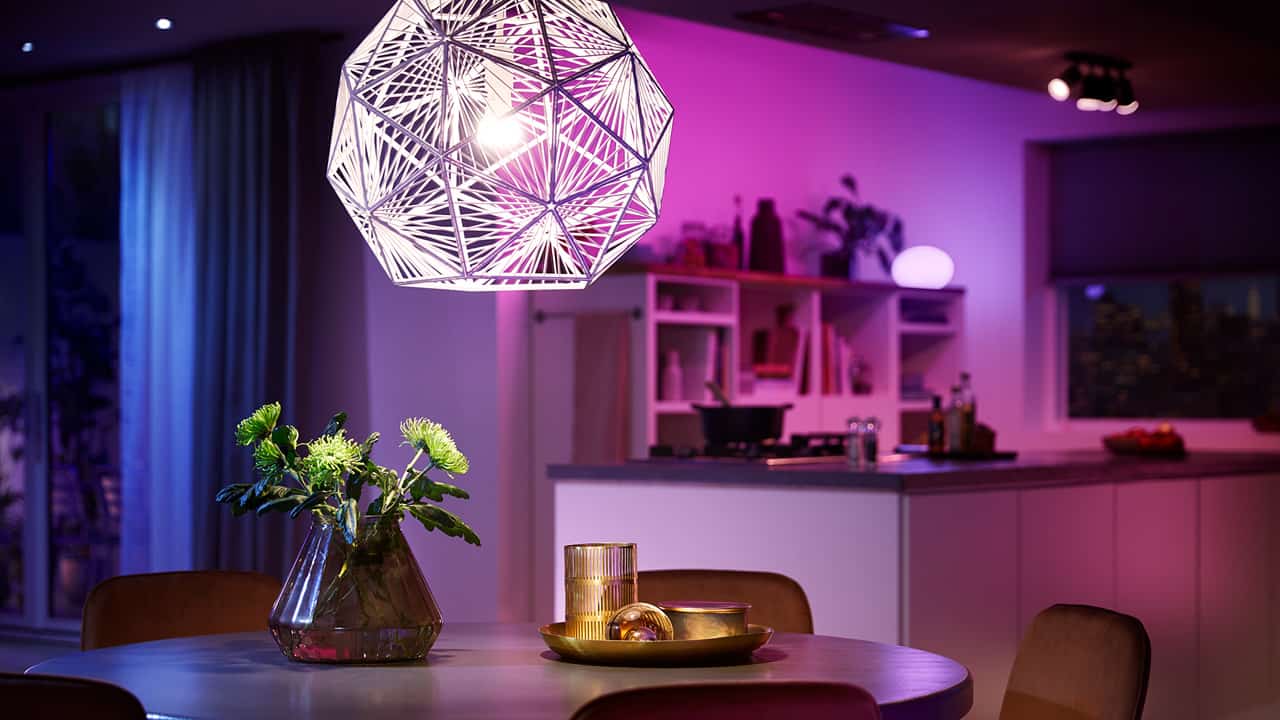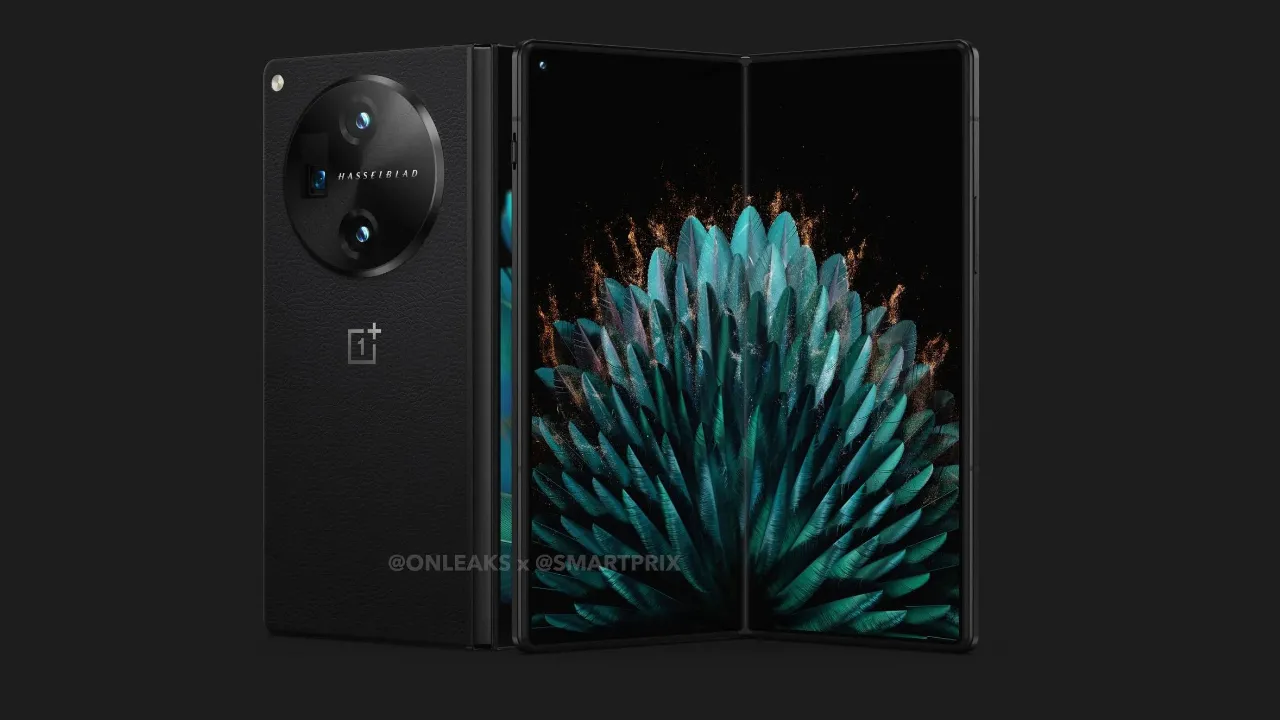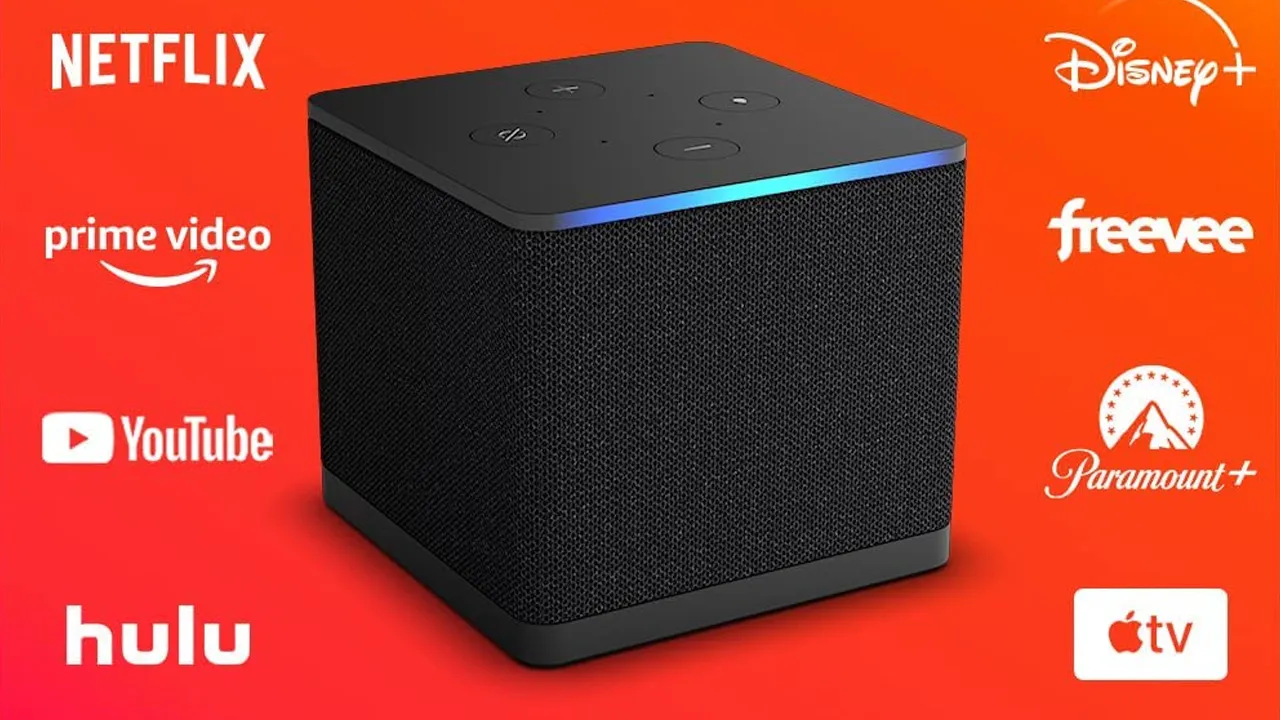Philips Hue, a popular choice for smart home enthusiasts. How do Wifi smart bulbs compare and is Philips Hue worth the price?
When it comes to smart lighting, there are a plethora of options to choose from. These come in different types, shapes, sizes, and most importantly, prices. So what’s the difference between the most popular Philips Hue vs the other Wifi bulbs at more than half the cost? Let’s get to it.
Now to start, I am a huge fan of Philips Hue products. My entire house is outfitted with them. However, I do have other wifi smart bulbs as well as I love trying other products to see how they compare with the big expensive daddy products.
Philips Hue Pricing is, well a bit nuts
To start, Philips Hue is expensive, very expensive. 1 color bulb will slam you in the face at around $50. How much is a wifi smart bulb? Well, you can get a pair for about $20 bucks from most brands. That’s a huge difference. Not only that, Philips Hue requires a Zigbee hub, whether you use your own hubs like an Amazon Echo 4 or the Philips Hue hub.
Since I bought my Philips Hue system before I had any other Zigbee hub, I just use the Philips Hub. It does give you more data on the hue products connected to it, so that is a plus.
So right now, one big difference as you now know is price. Philips Hue is damn expensive. But, is it worth it? Let’s see.
Philips Hue vs Wifi Smart Bulb Performance and Response Time
When Philips Hue bulbs are connected and ready to go, you can use the app and control your lights. They are extremely fast and responsive, due to the Zigbee protocol. Even when making voice-activated routines in your Alexa or Google home assistants, the response time is milliseconds. Very fast.
Now, with a WiFi smart bulb, this is NOT the case. They are limited to the speed of your wifi network. This will cause some latency issues and the milliseconds Philips Hue took, now takes seconds. This in my opinion is absolutely unacceptable.
For example, if you have a motion sensor set to turn on a light at night when it sees motion, even with a Zigbee motion sensor, those wifi smart bulbs can take up to 3 to 4 seconds to power on. That is horrible. You would be clear across the room before the lights even come on. Dumb.
Now, with a Philips Hue bulb, connected to the hub, when that motion sensor picks you up, the light turns on almost instantly. That is a massive difference in response time. So wifi smart bulbs are trash in performance when you need them.
Now, don’t get me wrong, wifi smart bulbs have their uses. I use some Kasa Wifi Smart Bulbs in some areas around the house that are not used as primary lights. They are great quality bulbs for the price and are awesome for accent lighting. But, any primary lights I have in my house, all use Philips Hue bulbs. Whether I use them by voice, automation, or by a button press, they need to be responsive. Wifi Smart bulbs just can’t perform in that manner. When you have to wait a few seconds for a wifi smart bulb to come on, is a bit ridiculous. It doesn’t seem long when you read this, but when you experience it, it sucks.
So as you can see, the speed and performance of a wifi smart bulb just can’t compare to the speed and performance of a Zigbee bulb like the Philips Hue platform provides. Yes, they are really freaking expensive, but totally worth every penny.
If you have the money to spend, definitely check into the Philips Hue products.
Philips Hue Pros
- Fast response times
- High-quality color range and saturation
- Large product line to include buttons, indoor and outdoor lighting
- Very nice app to control your lights and set up custom light scenes
- Reliable performance with all major assistants like Alexa and Google
- Works with most voice assistants and other localized hubs
- The ability to turn a dumb light switch into a smart light switch with no wiring
- A range of switches to manually control the lights.
Philips Hue Cons
- Very expensive
- Needs a hub
Wifi Smart Bulb Pros
- Great prices
- Good quality colors and saturation
- No hub required
Wifi Smart Bulb Cons
- Very slow response times
- They can lose wifi signal depending on network congestion
- Sluggish real time light scrubbing in the app(s)
- Automations sometimes have to run twice for the bulb to do what it was programmed to do.
On another note, a good network is a key to having a successful smart home. Be sure to check out our basic review of the TP-Link AX4400 Wifi 6 router. This thing is powerful for a low price point.






